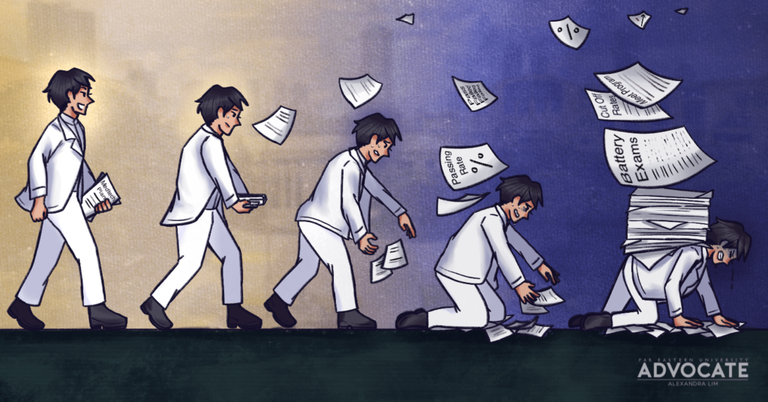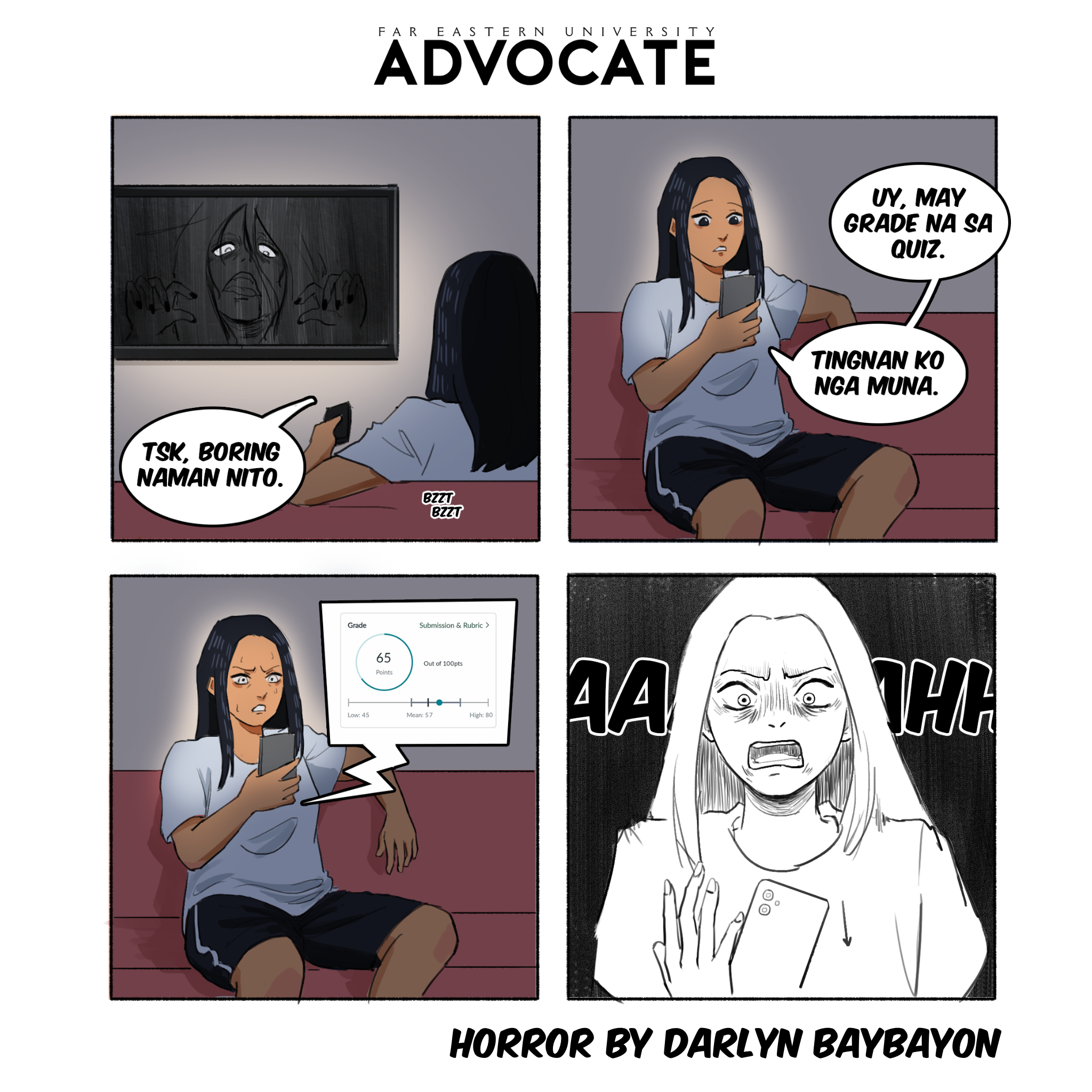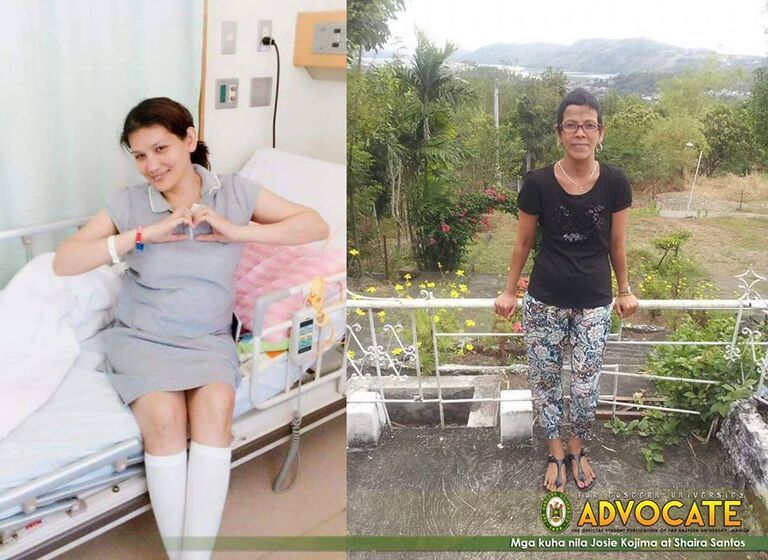
FEU boosts pandemic efforts, procures COVID-19 vaccines for faculty and staff
- September 20, 2021 03:54
FEU Advocate
July 19, 2023 12:47

Every Tamaraw yearns to conquer the journey to scholastic greatness—but if impossibly high measures are imposed and little to no consideration is given to them, then it would mean more harm than good to our next generation of dreamers and fighters.
Graduating and incoming third-year Far Eastern University (FEU) Medical Technology (MT) students face a predicament like no other, as most of them were not able to meet the annual quality point average (AQPA) of their chosen course.
This means graduating students cannot join the long-awaited ceremonial rites, and junior students must participate in the Mentoring and Educational Enrichment Training (MEET) program.
For some, it may seem like natural selection, a ‘common’ scenario in the academic world. But for students, it is a collective nightmare that they cannot bear to witness. This case differs from the usual tales of ‘academic defeat.’
The MEET program was modified—from being a seminar for those who failed to meet the AQPA, it became a comprehensive examination with a 75% passing rate. However, it became more confusing when the guidelines for eligible students were altered in every announcement.
Students were frustrated as they had to study for only two months. Failing to pass this intervention would only signal students to get the boot. Two months to prepare for something as huge as a board examination is insufficient for any student.
The aspiring medical practitioners took their frustrations to the Facebook group One Piyu Community, primarily protesting how the MT department handled their concerns. Other reports of negligence were brought to light—inconsistent assessments, scarcity of professors and laboratory equipment, and unreasonable quiz schedules. It was as if the department was more concerned with passing rates instead of the student’s welfare.
This is highly alarming, considering the nature of their chosen career path focuses on the health of many Filipino citizens. Moreover, it is comical that some professors use this argument to blame students and justify their lackluster teaching.
Shortly after, a town hall meeting was conducted with students to discuss and negotiate the unfair regulations. The department promised to lower the AQPA threshold, but nothing changed from the guidelines.
It led many students to evaluate their choices and ultimately move to another school, hoping to graduate on time. Tamaraws have flocked to various schools around Manila, such as National University - Mall of Asia and Arellano University.
Unsurprisingly, students are highly affected by these sudden changes, significantly affecting their mental well-being. The recent passing of Keilo Acuin, an aspiring MT intern, was one of the 85% of students who failed to meet the AQPA.
Acuin’s untimely demise is not only a moment of grief but a wake-up call to those in power that there is definitely something wrong within the system.
It sparked conversations about the mental health implications of unjust educational systems. However, discourses are not sufficient for the pressing issue. If the University upholds such an image, the narrative will be an impending cycle.
Aside from other social mores, the immense pressure of being excellent at their studies while complying with ridiculously high standards is a valid reason for them to break and crunch.
What’s even more saddening is that former MT students were not as empathetic to the poor treatment of the department towards the current batch. They have to realize that their college journey was a different time, and it would not be a fair comparison to the issues faced by the students.
While educational institutions expect nothing but the best from their students, they should also reflect on what they can offer them, whether it be a flexible educational system or a conducive learning environment.
A recent statement by the FEU Institute of Health Sciences and Nursing Student Council also urged the department and administrators to recalibrate the existing system to the needs of its students.
This is an urgent call to all degree program heads to reconsider how they run their respective departments and ask themselves if stripping away students' dreams is how they uphold the University's core values.
For those who give backhanded advice and encourage students to be 'resilient,' try to put yourselves into their shoes and see if you can survive a minute without questioning your self-worth.
It is time for the University to reassess its purpose in society aside from producing 'excellent' batches of students. Until then, the student body must actively advocate for student welfare because, after all, it is what educational institutions should strive to prioritize.









